What size wire do I need for aluminium welding?
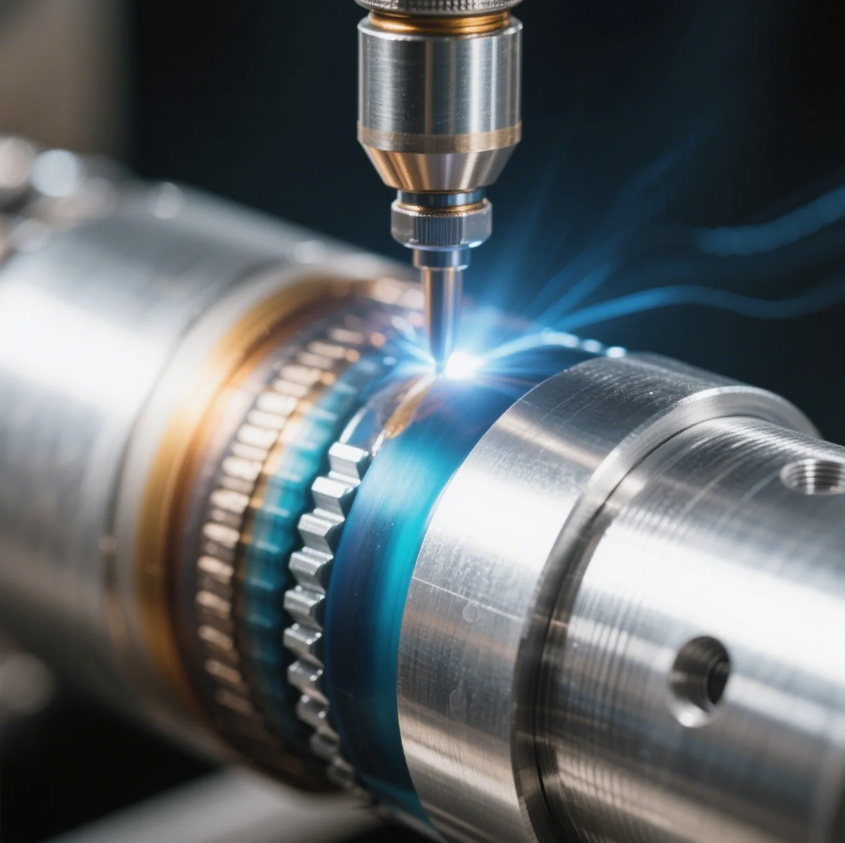
What size wire do I need for aluminium welding? Using the wrong wire size causes feeding issues and weak welds. The right aluminum welding wire size depends on your current, material thickness, and wire alloy—get it wrong, and your welds will fail. Here’s how to choose the right wire for clean, strong aluminum welds. What […]
What will happen if the amperage is too high when welding?
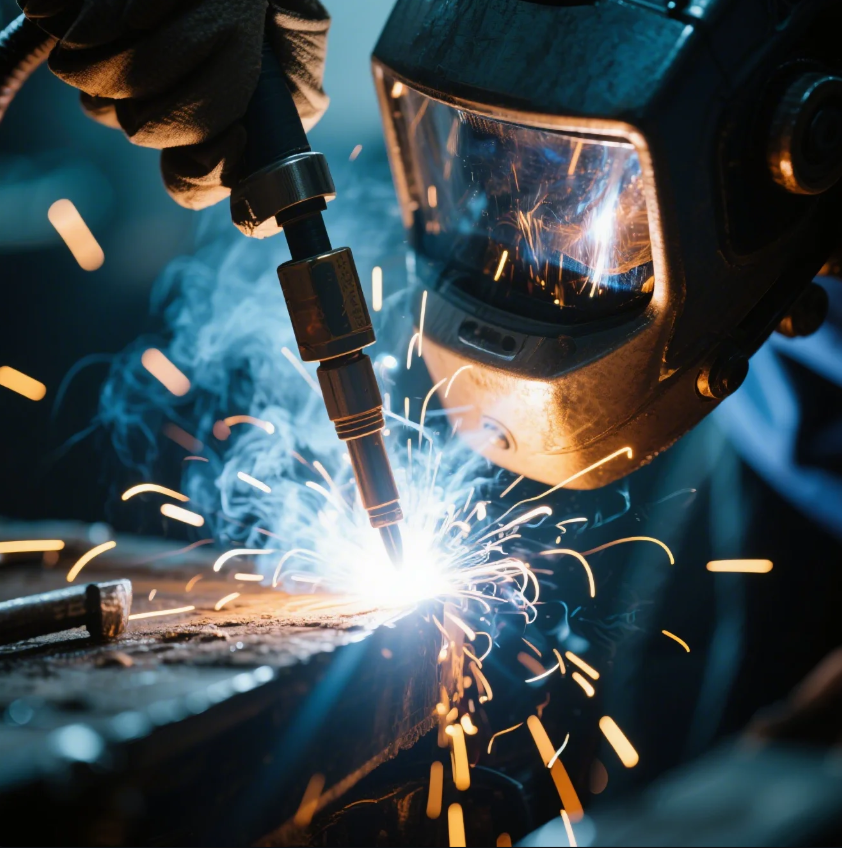
What will happen if the amperage is too high when welding? High welding amperage causes more harm than you might expect. Excessive welding current leads to burn-through, weak welds, and increased spatter—damaging both parts and production efficiency. Let’s explore how to control amperage for cleaner, stronger welds. What happens if the amperage is too high […]
What brazing rod do I use for aluminum?
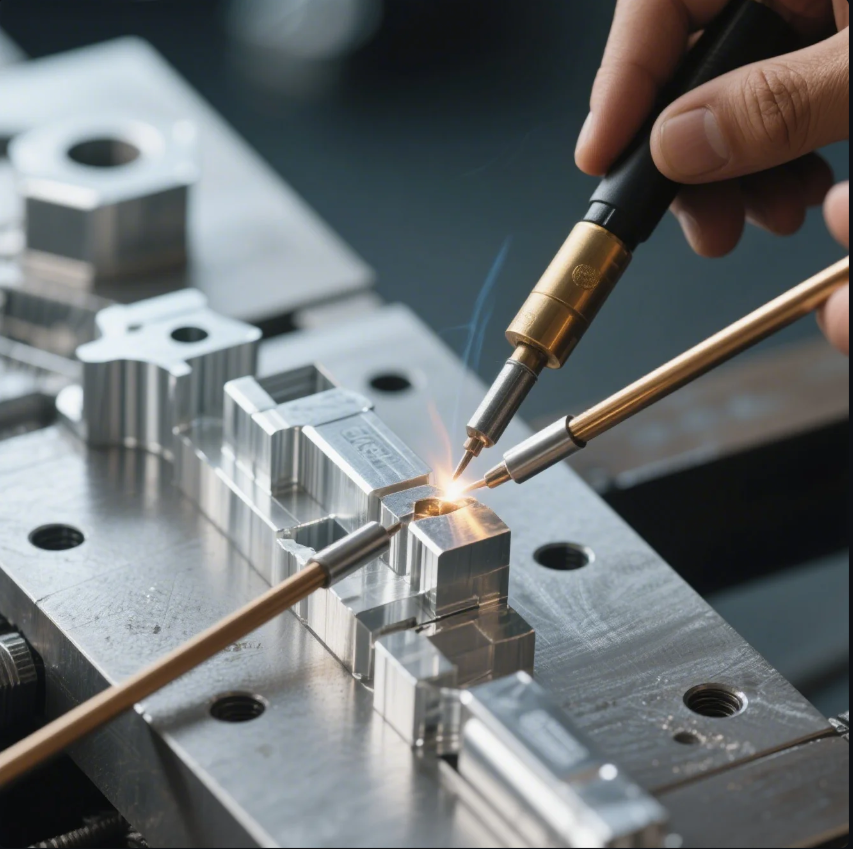
What brazing rod do I use for aluminum? Choosing the wrong brazing rod ruins joints fast. Aluminum requires specific rods and techniques for successful brazing—using the wrong setup leads to weak or failed joints. Here’s how to avoid common mistakes and get perfect aluminum bonds every time. Will brazing stick to aluminum? Aluminum looks easy—but […]
What is the E 7018 mean?
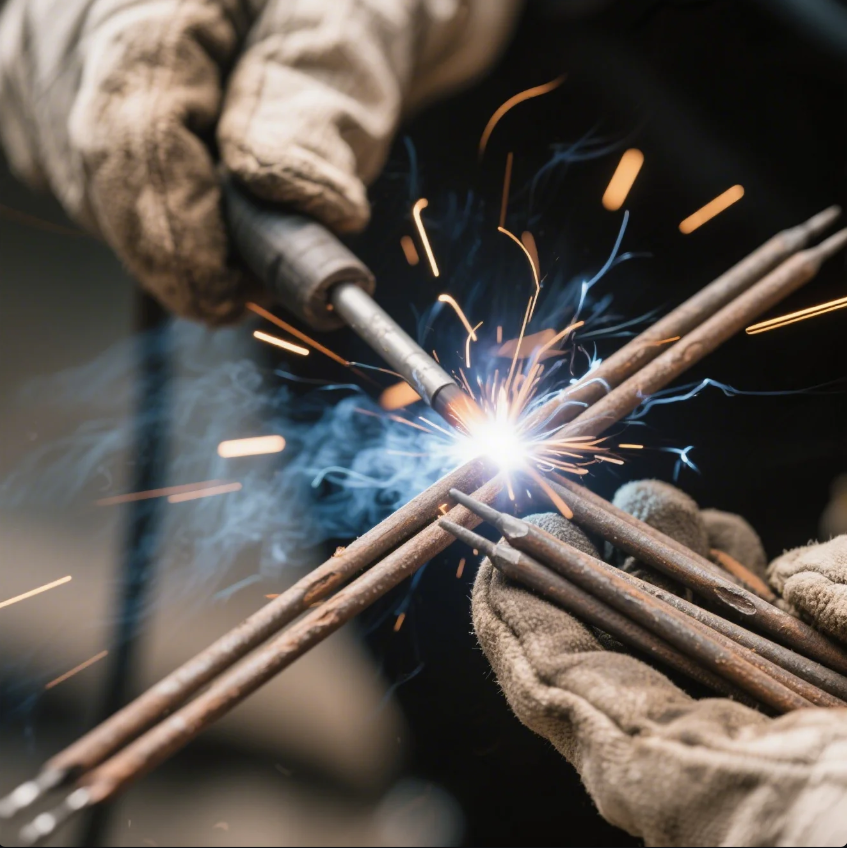
What Does E7018 Mean? Welding rod numbers look confusing—but understanding them helps avoid wrong rod selection and weak welds. E7018 is a low-hydrogen electrode for welding carbon and low-alloy steel, designed for strength and smooth arc performance. Let’s break down exactly what each number means—and why this rod doesn’t work on aluminum. Can I use […]
How many amps do you need to stick weld aluminum?
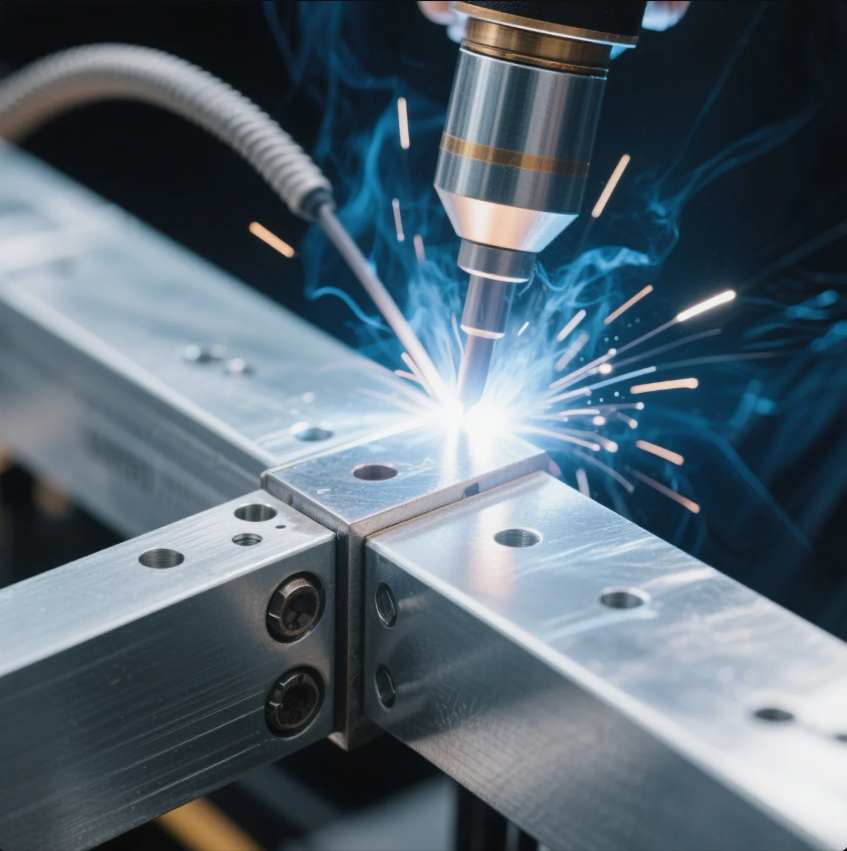
How Many Amps Do You Need to Stick Weld Aluminum? Using the wrong amperage on aluminum causes burn-through, weak joints, or failed starts. Stick welding aluminum requires high amperage—usually 150 to 300 amps depending on electrode and material thickness. Let’s break down the current you really need for aluminum—and why this process isn’t beginner-friendly. How […]
Will 7018 weld aluminum?
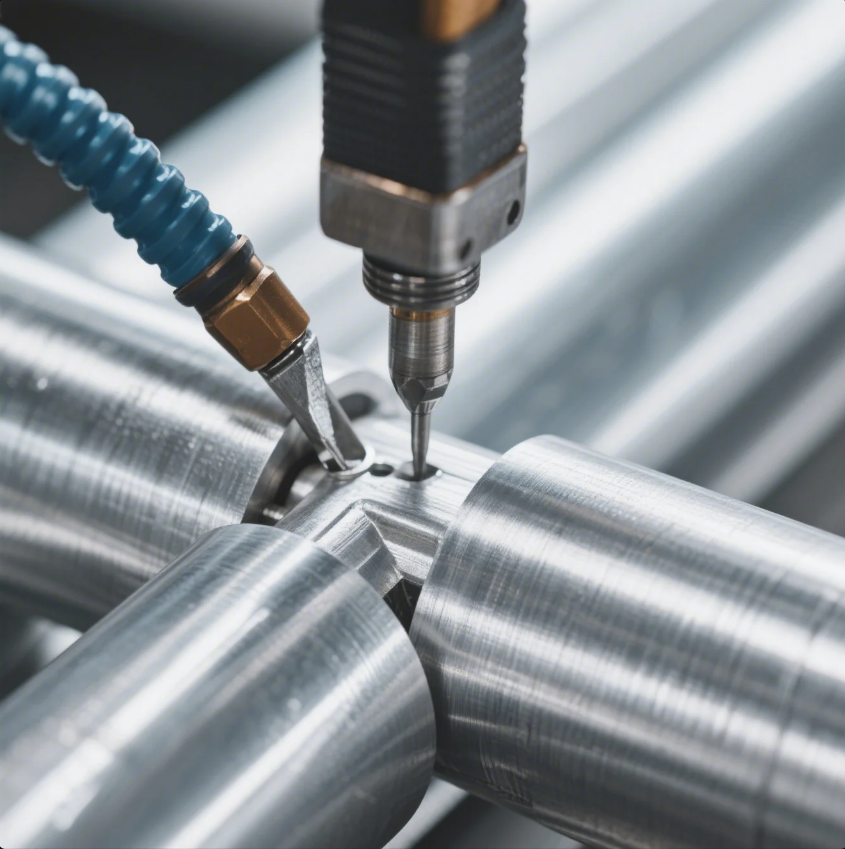
Will 7018 Weld Aluminum? Trying to use the wrong welding rod on aluminum leads to cracked joints, wasted time, and failed parts. No, 7018 rods are designed for steel—they cannot weld aluminum effectively or safely. Let’s look at why aluminum requires different electrodes, and how to choose the right method. Can I use 7018 on […]
Will JB Weld hold aluminum together?
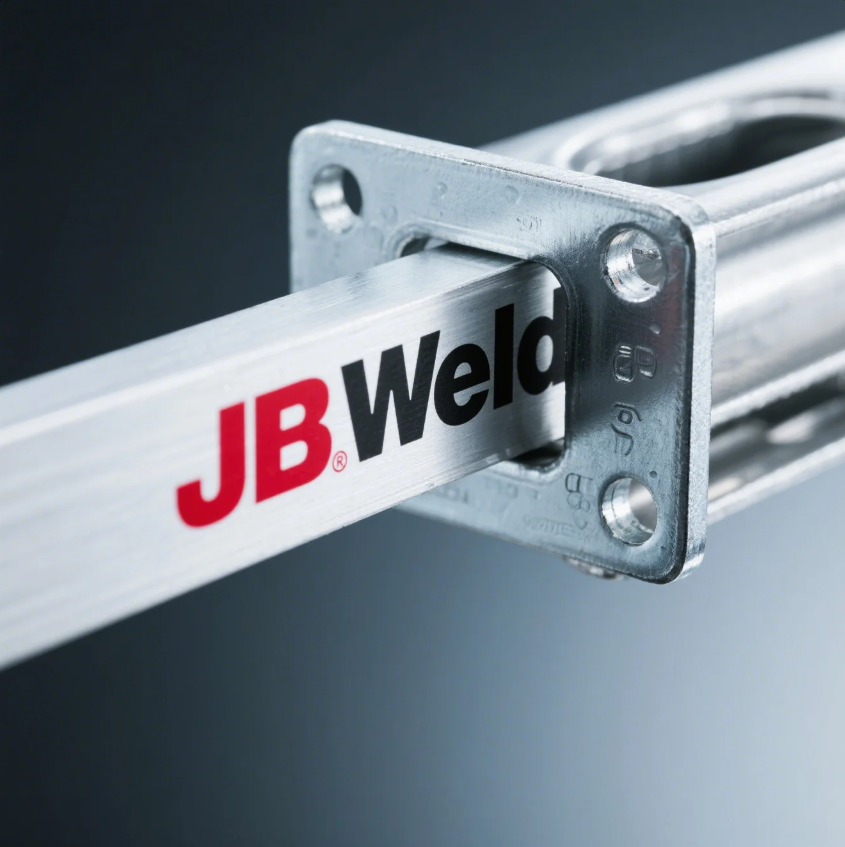
Will JB Weld Hold Aluminum Together? Gluing aluminum sounds simple—until it fails under pressure or heat. Yes, J-B Weld can bond aluminum, but only for low-stress, non-structural applications. Let’s look at when epoxy is a viable solution—and when only proper welding will do. Does J-B Weld adhere to aluminum? Many try using J-B Weld on […]
What aluminum Cannot be welded?
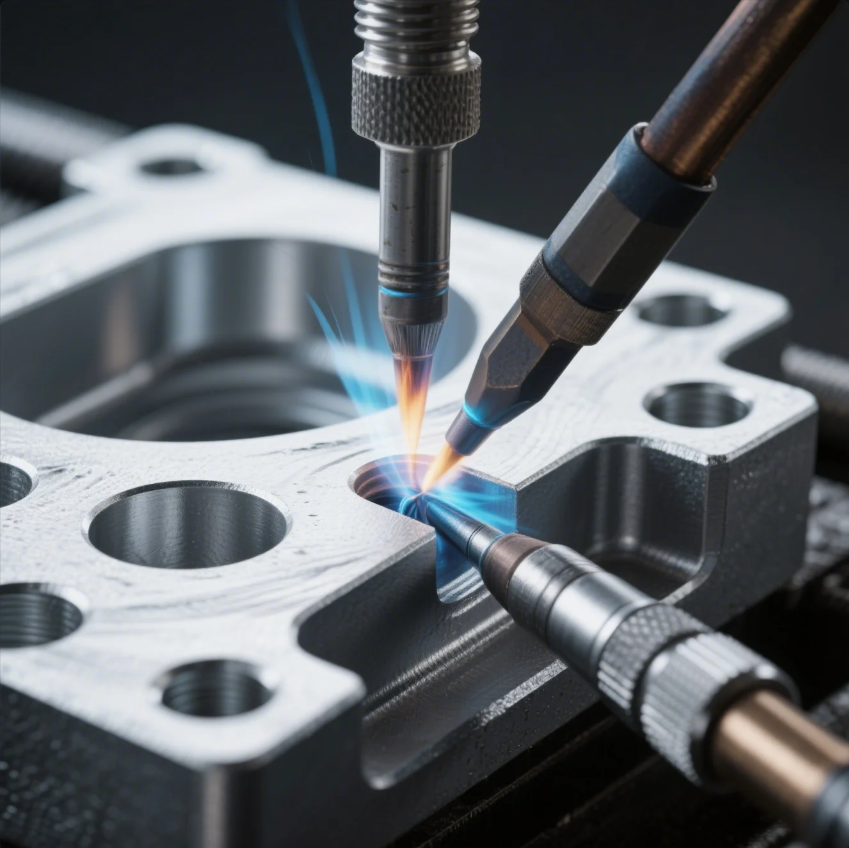
What Aluminum Cannot Be Welded? Not all aluminum is weldable—choosing the wrong alloy leads to cracks, porosity, and total weld failure. High-strength aluminum alloys like 2024 and 7075 are difficult or impossible to weld effectively using conventional methods. Let’s explore which aluminum types cause the most welding problems—and how to avoid costly mistakes. What type […]
Can you stick weld aluminum?
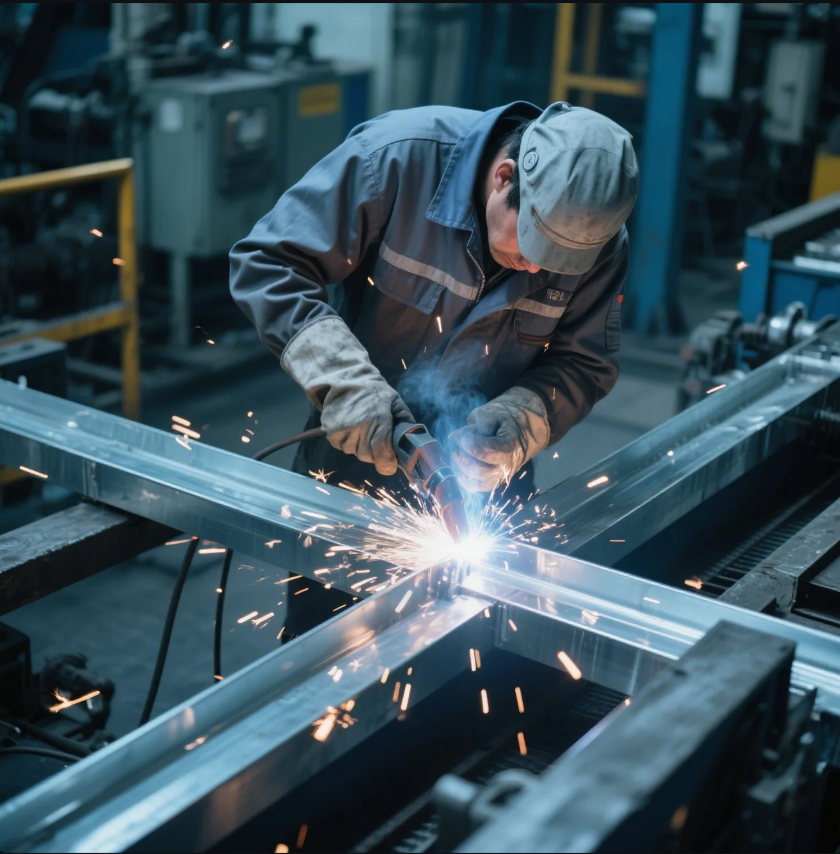
Can You Stick Weld Aluminum? Aluminum is tricky. The wrong welding method causes cracking, porosity, and weak joints. Yes, you can stick weld aluminum, but it’s difficult, messy, and often not recommended. Let’s dive into when—and if—you should stick weld aluminum, and explore better alternatives for quality results. What rod to stick weld aluminum? Not […]
What does TIG stand for?
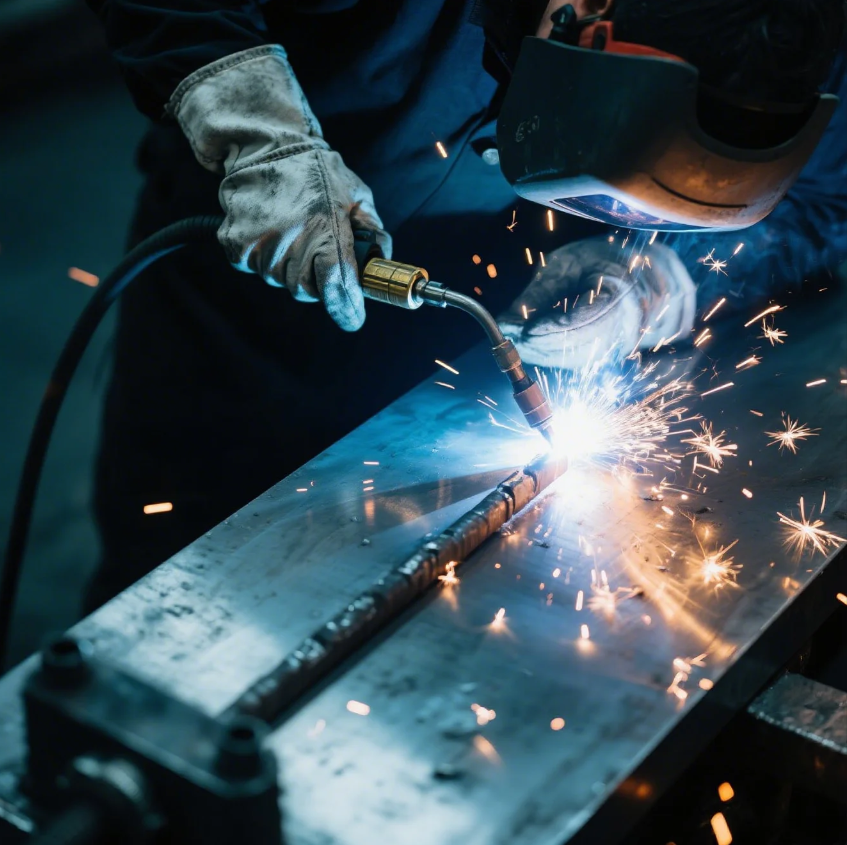
What Does TIG Stand For? Confused by welding acronyms? One small misunderstanding can ruin your project setup. TIG stands for Tungsten Inert Gas—a precise, high-quality welding process for critical components. Let’s explore what TIG really means, how it compares to MIG, and whether it’s right for your project. Is TIG stronger than MIG? Many assume […]

